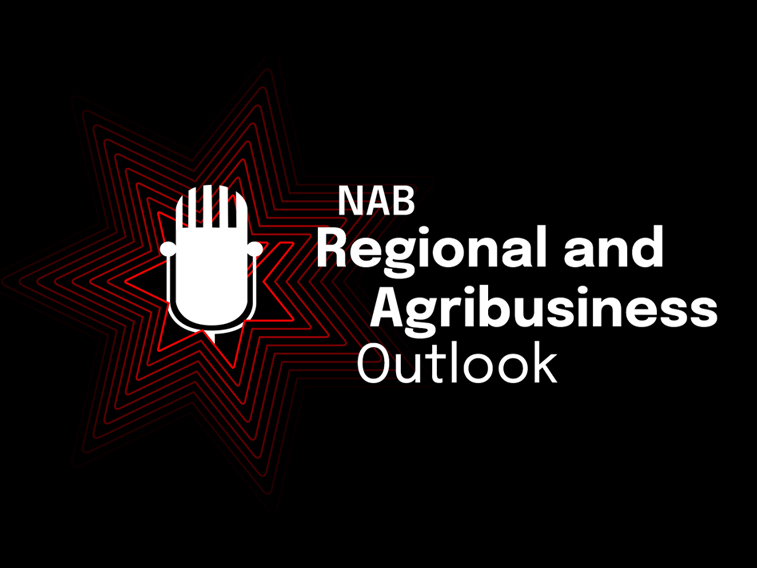Take a closer look at Australia’s Farm Management Deposits scheme, and other conversations in the lead up to end of financial year.


Video
The New Year is a time to reflect and review – and that goes as much for your business as any other aspect of your life. That’s why NAB is encouraging farmers and those beyond the farm gate to spend some time now planning for 2013.

The New Year is a time to reflect and review – and that goes as much for your business as any other aspect of your life.
That’s why NAB Agribusiness is encouraging farmers and those beyond the farm gate to spend some time now planning for 2013.
Khan Horne, NAB’s General Manager of Agribusiness, says 2012 was a good year in most parts of the country and for most industries.
NAB’s latest forecasts for 2013 show it shaping up to be a pretty solid year, with a reasonable production and price forecast for most commodities, despite the continuing strength of the Aussie dollar.
“Even in good times though it’s important for business owners and managers to have a fresh look at goals, forecasts and strategies on a regular basis,” Mr Horne said. “In fact, sometimes it’s easier when the pressure is off and you have the space to take a step back and plan where you want to take the business.
“This is a great time of year to do that – New Year’s Resolutions for your business, if you like.
“A good relationship and regular contact with bankers, accountants, farm consultants and other advisors will help the process, allowing you to draw on their specialist knowledge and insights.”
Khan offers the following tips as a starting point:
© National Australia Bank Limited. ABN 12 004 044 937 AFSL and Australian Credit Licence 230686.